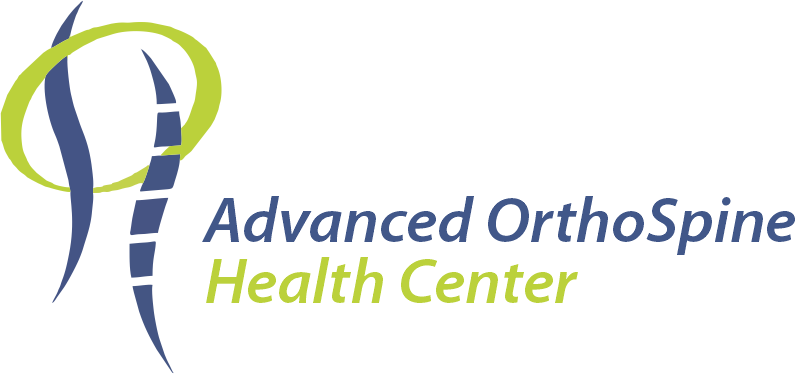What Are Muscle Injuries and Tears?
Muscle injuries occur when fibers in the muscle are overstretched or torn. These injuries can range from mild strains to severe tears, often caused by sudden movements, overexertion, or trauma.
How can physio help you?
Physiotherapy for Muscle Injuries helps in relieving pain, promoting healing, and restoring muscle function through:
- Pain Relief: Techniques like microcurrent therapy, laser or TECAR therapy, other current therapy, cold, or heat can all help to relieve pain and inflammation.
- Manual therapy to increase mobility and lessen discomfort
- Flexibility and Stretching: Use mild stretches to increase muscle suppleness and avoid rigidity.
- Strengthening Exercises: To restore muscle strength and aid in recuperation, perform progressive strengthening exercises.
- Manual therapy: Methods to relieve muscle tension and increase circulation, such as myofascial release or massage.
- Teaching good posture and biomechanics to prevent overstressing the injured muscle and causing reinjury is known as education on movement patterns.
- Functional Rehabilitation: A safe rehabilitation through a gradual return to regular activities using exercises that replicate daily motions
Get quick and gentle care at our muscle injury clinic in Dubai. We offer the best muscle tear treatment in Dubai to help you move without pain. Visit our Dubai clinic for torn muscle recovery and heal a muscle tear fast in Dubai.
Frequently asked questions
- Sharp pain at the site of the injury.
- Swelling, bruising, or redness in the affected area.
- Muscle weakness or inability to move the muscle.
- A popping or snapping sensation at the time of injury.
- Stiffness or tenderness during movement.
- Overuse: Repetitive strain from physical activities or exercise.
- Sudden Movements: Quick or awkward motions that overstretch the muscle.
- Inadequate Warm-Up: Starting physical activity without preparing the muscles.
- Fatigue: Overworked muscles are more prone to injury.
- Trauma: Direct impact or collision in sports or accidents.
- Mild strains: 1-2 weeks with proper care.
- Moderate tears: 4-6 weeks, including physiotherapy.
- Severe injuries: 3-6 months, especially if surgery is required.
- Warm-Up and Cool Down: Prepare muscles before activity and stretch afterward.
- Strength Training: Build resilient muscles to withstand physical stress.
- Avoid Overexertion: Gradually increase the intensity of workouts.
- Stay Hydrated: Maintain muscle elasticity and prevent cramps.
- Listen to Your Body: Rest if you feel pain or fatigue during activity.
Got more questions? Contact us at Advanced Orthospine Health Center for expert advice and personalized care.

